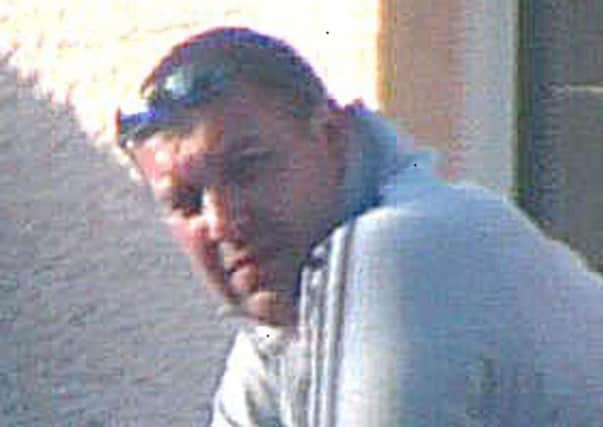Loyalist killer Gary Haggarty’s prison term was too lenient


Senior judges held that the six and a half year term imposed on so-called supergrass Gary Haggarty should be increased to ten years.
Now freed, the former Ulster Volunteer Force chief will not face a return to jail because his campaign of sectarian murders was carried out before the 1998 Good Friday Agreement.
Advertisement
Hide AdAdvertisement
Hide AdBut the court still found Haggarty should have been facing a minimum 40-year sentence before applying discount for his confessions and information supplied on hundreds of other paramilitary crimes.
Lord Chief Justice Sir Declan Morgan said: “We are satisfied, therefore, that the tariff of six and a half years was unduly lenient given the catalogue of infamy and murder of which he was guilty. We substitute a tariff of 10 years.
“That represents a very considerable discount from a 40-year starting point and provides a generous incentive for those who are prepared to assist in combating terrorist violence.”
The ruling came in a challenge by the Public Prosecution Service to the sentence ultimately imposed on the 48-year-old.
Advertisement
Hide AdAdvertisement
Hide AdHaggarty is currently living at a secret location under witness protection under the terms of an assisting offender arrangement he entered into.
He admitted more than 500 offences committed while part of a notorious terror unit based in north Belfast.
His catalogue of offences extended over 16 years, from 1991 to 2007, and included the five murders: - Sean McParland, 55, workmen Eamon Fox, 44, and Gary Convie, 24, Sean McDermott, 37, and John Harbinson.
Haggarty also aided and abetted the murder of Peter McTasney.
Advertisement
Hide AdAdvertisement
Hide AdIn January 2018 his prison term was slashed from 35 years to six-and-a-half years due to the information supplied on scores of loyalist killings and attempted murders.
But only one man is to be prosecuted over a murder using his evidence.
Despite Haggarty’s release in May 2018 due to time served on remand, the PPS sought to have his sentence reviewed and increased.
Lawyers for the prosecution argued that the starting point should have been a whole life tariff before mitigating and aggravating features were taken into account.
Advertisement
Hide AdAdvertisement
Hide AdThe court was told Haggarty played a central role in “callously” plotting the deaths of Catholic victims because of their religion.
Defence lawyers responded, however, by arguing that the legal move was academic - because the ex-loyalist boss will not face a return to prison.
However, the appeal represented an opportunity to give judicial guidance on future cases involving assisting offenders.
Sir Declan stressed the “utmost seriousness” of Haggary’s crimes.
Advertisement
Hide AdAdvertisement
Hide Ad“His killings were professional in the sense that they were acts committed to further the aims of a well-resourced and much feared terrorist gang,” the judge said.
“The terrorist gang claimed to have political motivation. The victims were deliberately targeted because of their religion.
“In the killing of Mr Harbinson in particular there was evidence of gratuitous violence involving extensive and multiple injuries.”
However, he also acknowledged Haggarty provided pre-emptive intelligence.
Advertisement
Hide AdAdvertisement
Hide Ad“The offender was, of course, remunerated in respect of his information and continued to operate at a high level within this terrorist organisation,” Sir Declan added.
“There is no doubt that his position within the organisation made useful information available to him which he passed to police, but it is also clear that he felt at liberty to engage in serious terrorist activity during this period.”